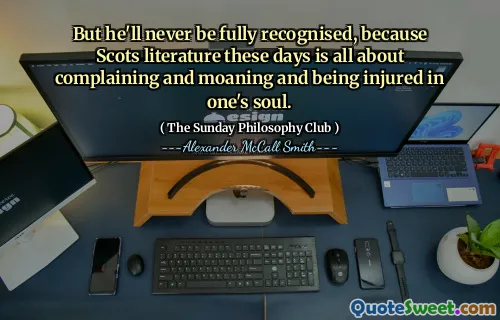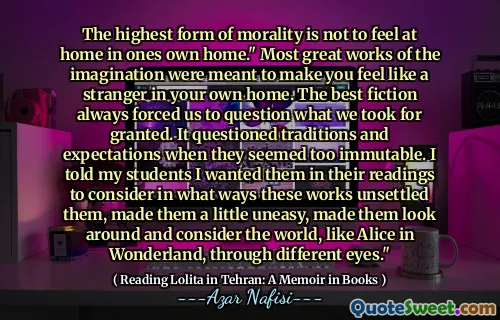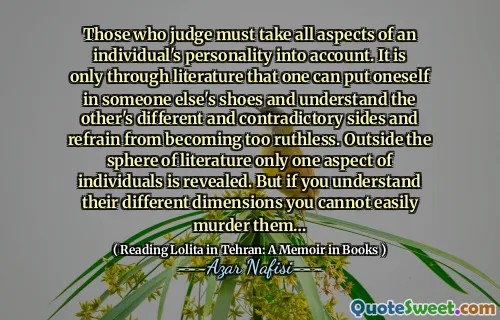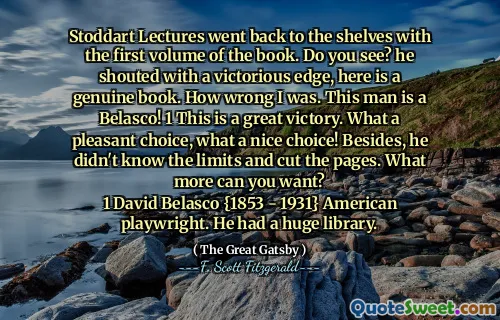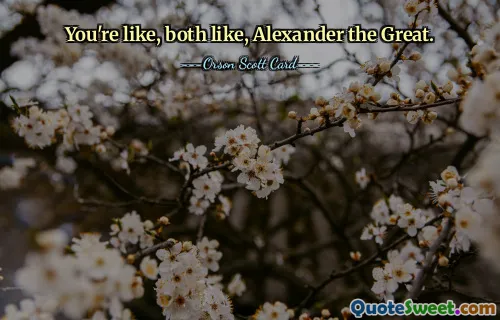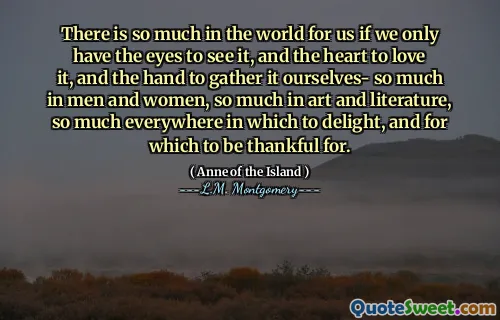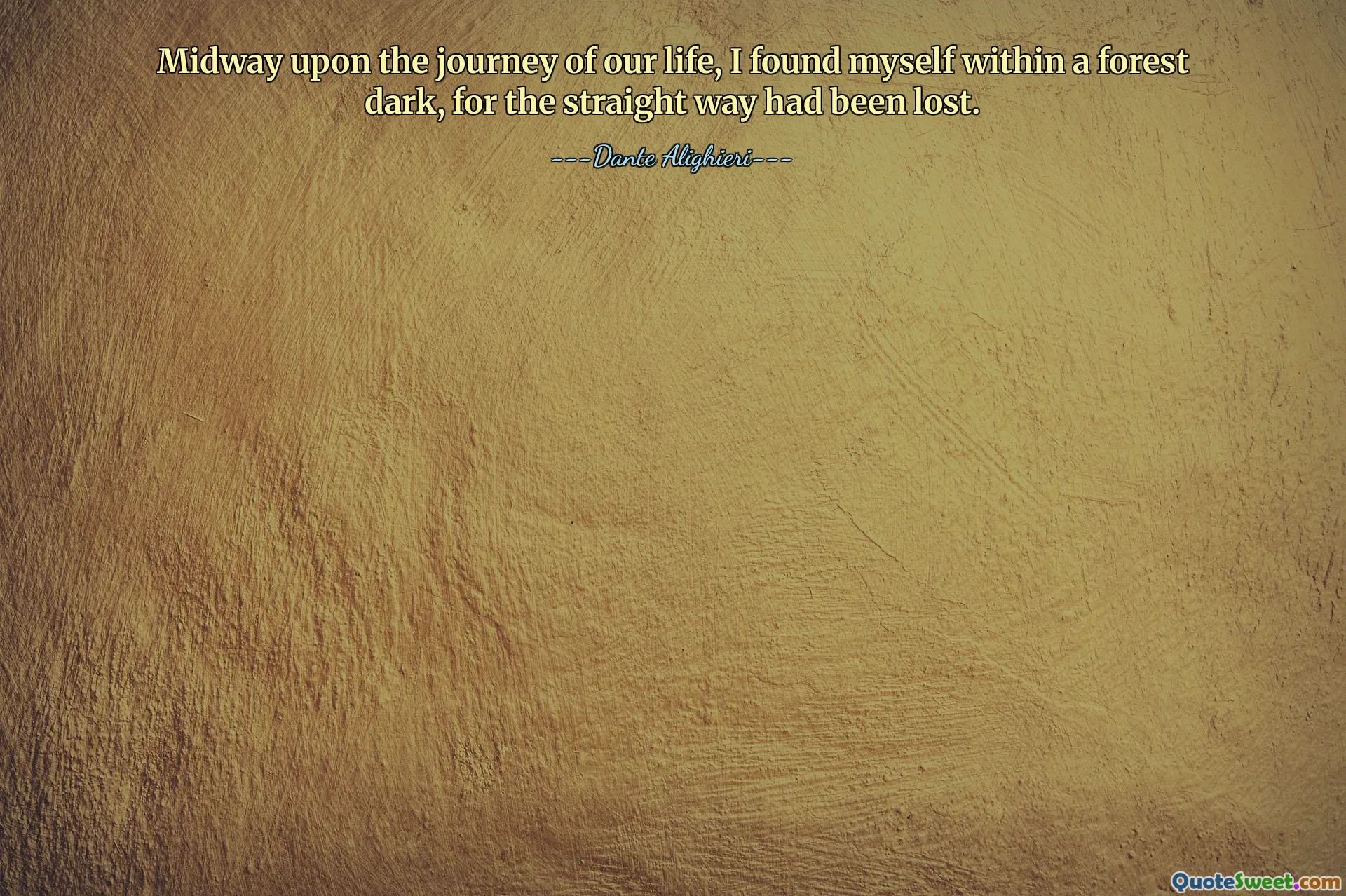
Midway upon the journey of our life, I found myself within a forest dark, for the straight way had been lost.
This opening line from Dante Alighieri's 'Divine Comedy' offers a profound reflection on the human experience. The phrase portrays a moment of confusion, uncertainty, and existential questioning that every individual may face at some point in life. The 'forest dark' symbolizes a period of hardship, doubt, or moral confusion, where clarity and purpose seem obscured. Personally, this resonates deeply because life often presents us with metaphorical forests—times when our path forward is unclear, and the familiar landmarks of our goals and values fade into shadow.
The imagery invites contemplation about traversal through life's uncertainties. Just as Dante begins his journey in a dark wood, we too, at various moments, must confront our internal darkness—fears, doubts, and the chaos that threaten to divert us from our true course. The line underscores the universal truth that life's journey isn't a straightforward path; it is filled with detours and obstacles that challenge our beliefs and resilience. Recognizing such moments as a natural part of the human condition can be comforting, as it emphasizes growth through adversity.
Furthermore, the phrase also hints at the idea that despair or confusion is not the end but a precursor to awakening or enlightenment. It encourages resilience, urging us to find our way through darkness, much like Dante’s eventual journey through hell and into enlightenment. In essence, it reminds us that moments of despair are part of the navigation toward self-discovery and fulfillment, offering hope that clarity and peace await beyond the shadows.






